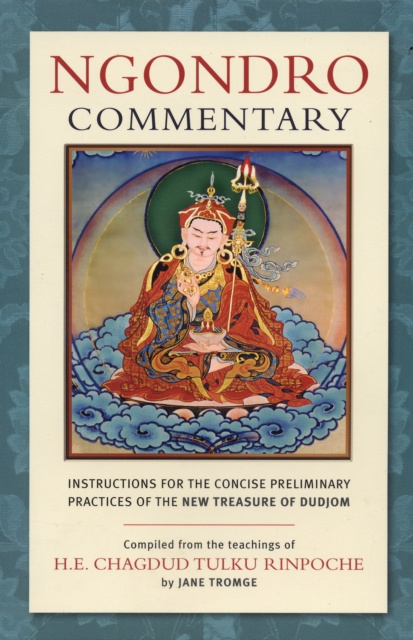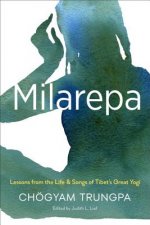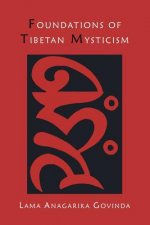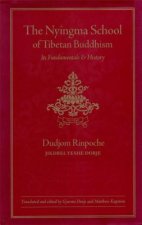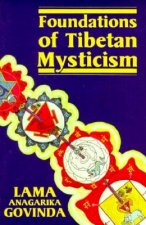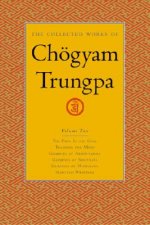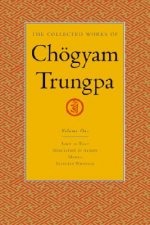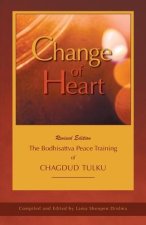
Dostawa
Doradca ds. zakupów
16 131 539 książek w 175 językach







Pokaż wszystkie języki (175)





Jednak się nie przyda? Nic nie szkodzi! U nas możesz zwrócić towar do 30 dni
 Bon prezentowy
O dowolnej wartości
Bon prezentowy
O dowolnej wartości
Bon prezentowy to zawsze dobry pomysł. Obdarowany może za bon prezentowy wybrać cokolwiek z naszej oferty.
Ngondro Commentary
 Angielski
Angielski
 44 b
44 b
Mogłoby Cię także zainteresować


"e;The Dudjom Tersar Ngondro-succinct, unelaborate, and grounded in guru yoga-provides a superb means of opening the door to the nature of mind. The Tibetan word ngondro means 'to go before' or 'preliminary,' and these preliminary practices fall into two basic categories. The first, that of the outer preliminaries, common to both the Hinayana and Mahayana Buddhist paths, consists of contemplation of the 'four thoughts that turn the mind.' Then there are the extraordinary preliminaries special to the Mahayana and Vajrayana paths: refuge, bodhicitta, mandala offerings, Vajrasattva purification, guru yoga, and transference of consciousness. As we undertake ngondro, we acquire certain skills that we will use again and again in Vajrayana practice. We learn to contemplate, to develop a visualization, to recite prayers and mantra, to perform prostrations and mandala offerings, to dissolve the visualization, and to rest in nonconceptual meditation. We begin our practice with pure motivation, follow the lineage instructions in each section, redirect our attention whenever it wanders, and close with the pure dedication of virtue to all sentient beings. In general, we learn how to meditate. The ngondro in Tibetan Buddhism establishes the foundation for the entire Vajrayana path-it is as fundamental to the practitioner's development as the alphabet is to written language. Among the preliminaries of the various lineages, the Dudjom Tersar Ngondro of the Nyingma tradition-on which this commentary is based-is possibly the most concise. Written, then concealed in the eight century by Padmasambhava (Guru Rinpoche), it was intended for these times when few people have sufficient leisure to fully practice. H.H. Dudjom Lingpa (1835-1904) revealed this treasure; his incarnation, H.H. Dudjom Jigdral Yeshe Dorje (1904-1987), from whom I had the excellent fortune to receive these teachings, clarified the text and taught it widely throughout his life. Practice of the outer and the extraordinary preliminaries provides a strong foundation for spiritual development. The teachings on the four thoughts give rise to the renunciation of ordinary attachments and guide us toward what is beneficial. Refuge creates a sense of protection and blessing. Bodhicitta clarifies our motivation and arouses our compassion-we acknowledge our highest spiritual aspirations. Mandala offerings generate the accumulation of merit and the revelation of pristine awareness that we will need to fulfill our aspirations. Vajrasattva provides a method by which we can purify the obstacles to enlightenment-the mind's poisons, habitual patterns, negative karma, and intellectual obscurations. Guru yoga enables us to receive the pure qualities of the lama's realization. Transference of consciousness allows us to continue our path uninterrupted after this lifetime by finding rebirth in the pureland. Thus these are extremely powerful practices for turning the mind toward dharma, for purifying obscurations, and for bringing forth the qualities of realization. They enhance devotion to the dharma and receptivity to the highest level of teachings, the Great Perfection. For practitioners with receptive minds, the Great Perfection perspective can evolve from ngondro itself."e;-His Eminence Chagdud Tulku Rinpoche
Informacje o książce
 Angielski
Angielski




 Jak kupować
Jak kupować









